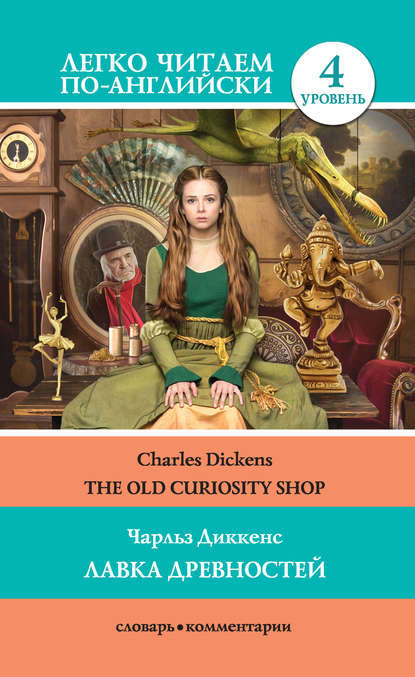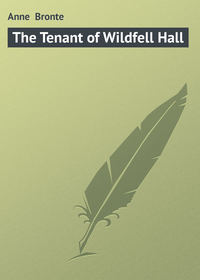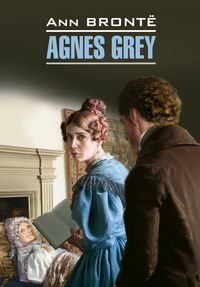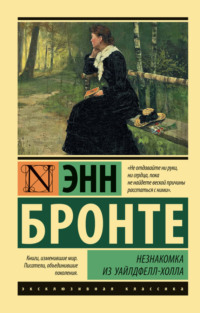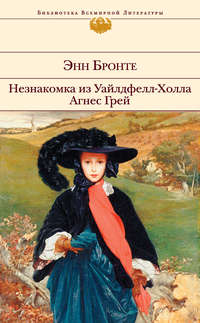Незнакомка из Уайлдфелл-Холла. Уровень 2 / The Tenant of Wildfell Hall
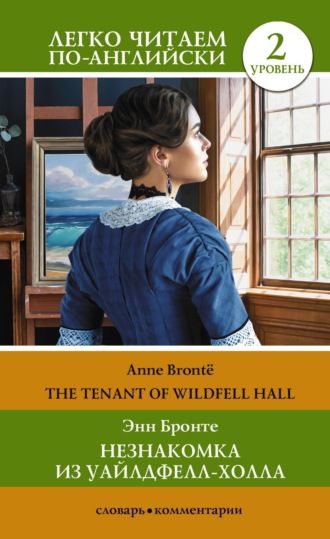
Полная версия
Незнакомка из Уайлдфелл-Холла. Уровень 2 / The Tenant of Wildfell Hall
Жанр: зарубежная классикаизучение языкованглийский языклексический материалтекстовый материаланглийская классикаIntermediate levelадаптированный английскийзнания и навыкикниги для чтения на английском языке
Язык: Английский
Год издания: 1848
Добавлена:
Серия «Легко читаем по-английски»
Настройки чтения
Размер шрифта
Высота строк
Поля
Конец ознакомительного фрагмента
Купить и скачать всю книгу


